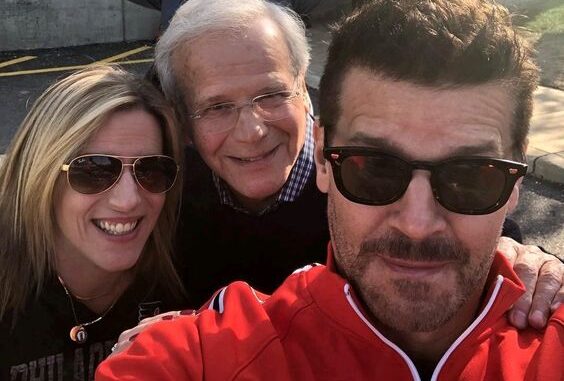
SEAL Team 6 Member’s Suicide Inspires New Veterans’ Mental Health Effort
Introduction
The tragic suicide of a SEAL Team 6 member has ignited a nationwide initiative aimed at addressing the mental health crisis among veterans. This article explores the circumstances surrounding the incident, the subsequent efforts to support veterans, and the broader implications for mental health care within the military community.
The Tragedy That Sparked Change
In early 2020, the suicide of a SEAL Team 6 member, identified as Bill Mulder, shocked the special operations community. His death was particularly poignant as it marked the CIA’s only in-theater suicide. Bill’s brother-in-law, a former CIA officer, had been developing a mental health support platform for operatives. The tragedy galvanized his commitment to creating accessible, anonymous mental health resources for veterans and active-duty service members.
Sound Off: A New Approach to Veteran Mental Health
In response to the crisis, the organization Sound Off was established. Operating out of Texas, Sound Off provides confidential mental health treatment to veterans and service members. The platform connects users with a team of clinicians, offering support through a secure and anonymous interface. The initiative has already served several hundred veterans, with plans to expand nationwide.
Legislative Support for Veterans’ Mental Health
The U.S. government has recognized the need for comprehensive mental health care for veterans. In 2020, the Commander John Scott Hannon Veterans Mental Health Care Improvement Act was signed into law. This legislation aims to enhance suicide prevention services, increase accountability of mental health programs, and expand access to care, particularly for rural veterans.
Community-Based Initiatives
Beyond federal efforts, community-based programs have emerged to support veterans. One such initiative is Operation Resiliency, which organizes retreats for combat veterans to reconnect and heal. These retreats leverage the bonds formed during service to foster resilience and provide ongoing support.
The Role of Technology in Mental Health
Advancements in technology have also played a role in supporting veterans’ mental health. Former Navy SEAL Jonathan Wilson founded INVI MindHealth, an app that uses wearable devices to monitor health metrics and provide users with a “mindscore.” The app includes a “swim buddy” feature, allowing users to share their mental health trends with a trusted individual, promoting accountability and support.
The Wingman Project: Peer-to-Peer Support
The Wingman Project is another peer-to-peer suicide intervention program designed to decrease military suicides. By promoting a Wingman Ethos, the program encourages military families and members to take personal accountability for each other’s well-being. This initiative aims to strengthen the bonds between veterans, their families, and the broader community.
The Importance of Breaking the Stigma
A significant barrier to seeking mental health care among veterans is the stigma associated with it. Many service members are reluctant to seek help due to perceived weakness or fear of judgment. Initiatives like Sound Off and INVI MindHealth aim to reduce this stigma by providing anonymous and accessible support options, encouraging more veterans to seek the help they need.
The Path Forward
While progress has been made, challenges remain in addressing the mental health needs of veterans. Continued efforts are necessary to ensure that all service members have access to the care and support they deserve. By combining legislative action, community support, and technological innovation, a comprehensive approach to veteran mental health is within reach.
Conclusion
The suicide of a SEAL Team 6 member has served as a catalyst for significant change in the realm of veterans’ mental health. Through the establishment of programs like Sound Off, legislative measures, and community initiatives, there is hope for a future where veterans receive the support they need to thrive. It is imperative that society continues to honor the sacrifices of service members by prioritizing their mental well-being and ensuring they are not left to face their struggles alone.